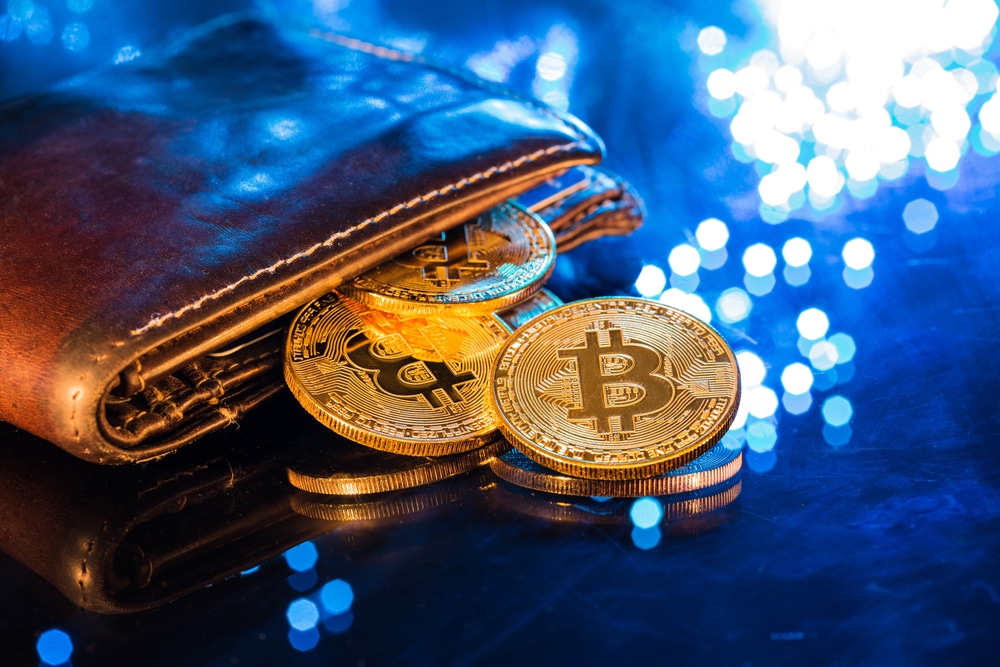
A Complete Guide on Tips to Secure Crypto Wallets
Bitcoin and most crypto holders are vulnerable to exploits that necessitate the security of crypto wallets. A wallet’s private keys must always be stored online to limit access by hackers. Having backups of these private keys, including those stored offline, is also vital.
Backing up Crypto Wallets
People can also store backups of their keys outside their homes. As such, they can access them in case of earthquakes, fires, and other situations threatening their homes’ integrity.
Although surprising, storing private keys in the bank’s safe is also recommended. This must only be a backup, meaning a person should always access private keys conveniently.
Being Wary of Phishing Scams
Over the past several years, phishing scams have gained popularity as more people get involved in cryptocurrency. A device’s security can be compromised in various ways, including Facebook, YouTube ads, faux Google, and fake apps wrongly uploaded to the Google Play and App Store.
Security can also be compromised via phishing domains that imitate popular websites. After sending private keys to a phishing scam website, a person can be assured that their cryptocurrency holdings will disappear quickly.
Unfortunately, they are pretty elaborate, meaning that even persons with experience might become victims since spotting details can sometimes be difficult. Their appearance resembles the original.
This is why people should avoid visiting websites they do not trust or falling out of the scope of their computers’ protection. They must thoroughly verify the applications they download and be entirely sure they are the official ones.
A report concerns an unlucky user who downloaded a look-alkie application of Exodus, a popular crypto wallet. The incident resulted in him losing nearly $80000 worth of NEO coins and Ethereum.
Double Confirming the Destination Address
Getting the address wrong is one of the problems experienced by cryptocurrency users. In this case, the funds might be lost forever without a means of recouping them.
As such, it is critical to triple-verify the address before sending payment transactions. Besides, malicious programs can alter a simple ‘copy and paste’ procedure, resulting in someone pasting a different address belonging to the bad actor.
A standard means of ensuring a transfer’s safety is to send a micropayment and the whole amount later.
Checking the URL Locks
When utilizing a web-based crypto wallet, one should ensure the presence of an SSL (secure site steal) security mark in the browser’s address window. The SLL ensures the browsing’s encryption.
The website must start with HTTPS instead of HTTP. Besides, a person must see a lock sign next to the URL.
Cease Storing a Considerable Portion of Crypto on Exchanges
Several exchanges leading the market are considered secure and have insurance. However, leaving significant crypto on exchanges is not a good idea.
A person should remember that not their keys not their bitcoin.
People should never keep more than they require to trade with on exchanges. This is because if there is a hack, the money disappears. Several major exchanges, such as KuCoin, have fallen victim to hackers.
In addition to hacking exchanges, the platform might be subjected to law enforcement, jeopardizing the firm.
Keeping Holdings Private
The old-fashioned $5 wrench attack is a common phrase in cryptocurrency. This means that a person can threaten someone’s health or life using a wrench worth $5 from a majority of stores. Afterward, the threatened person gives their private keys.
Technologies such as multi-signature crypto wallets can be utilized. However, the attacker does not truly care in a majority of cases.
Final Thoughts
Avoiding bragging and displaying cryptocurrency holdings to anyone is critical. No person should know the exact amount of bitcoin one owns. By remaining silent, the possibility of being targeted remains minimal.




